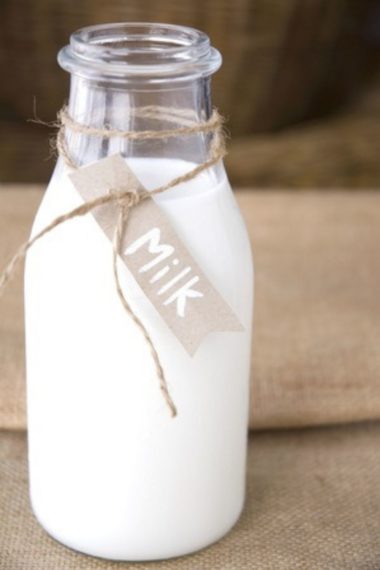
In today’s post, let’s focus on 12 Non-Dairy Milk Alternatives that you can use in place of cow’s milk.
Going on any kind of special diet can be a bit overwhelming at first. I should know because I am on a gluten-free, soy-free, and dairy-free diet myself. If you are thinking of going on a dairy-free, vegetarian, vegan, or paleo diet, you are in luck! There are plenty of substitutes on the market today that can make your life easier.
To help support our blogging activities, our site contains affiliate links. If you make a purchase from a link on our site, we may receive a small percentage of that sale, at no extra cost to you. Blessed Beyond Crazy is a participant in the Amazon Services LLC Associates Program, an affiliate advertising program designed to provide a means for sites to earn advertising fees by advertising and linking to amazon.com. As an Amazon Associate, I earn from qualifying purchases.
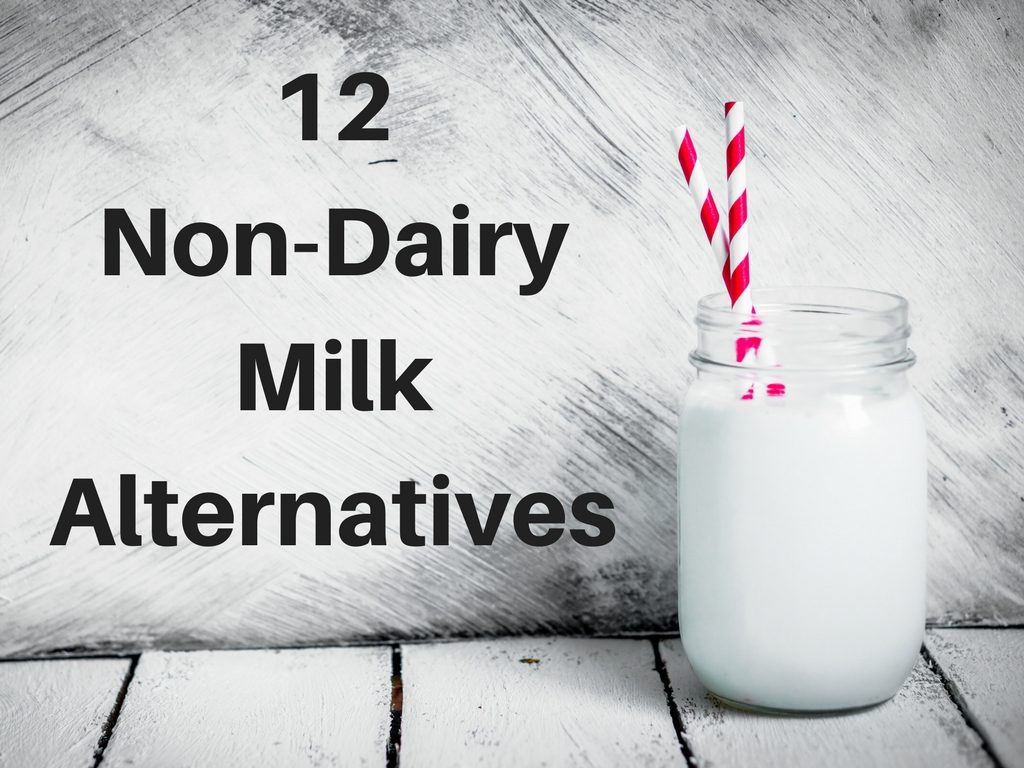
1. Hazelnut Milk
8 fluid ounces = 55 calories
Fat 1 G
Carbohydrates 10 G
Protein 1 G
Because of its strong nutty flavor, hazelnut milk isn’t as popular as some of the other kinds of milk made from nuts. However, it does have a nutritional profile that sets it apart. Hazelnut milk is packed with B vitamins which are essential to mental health. It is also rich in vitamin E and folic acid which help prevent anemia, heart disease, and cancer, and Omega-3 fatty acids that help keep your blood pressure regulated. Hazelnut milk is great in smoothies, overnight oatmeal, and cereals.
2. Oat Milk
8 fluid ounces = 130 calories
Fat 2.5 G
Carbohydrates 24
Protein 4 G
Oat milk has a slightly sweet taste and is a great substitute for low-fat or skim milk. Surprisingly, oat milk contains more calcium in one serving than regular cow’s milk. It also contains many vitamins and minerals, and no cholesterol. It’s a perfect option for vegetarians and vegans because it’s strictly made from grain. Oat milk works well in light cream soups and curries, as well as baked foods.
3. Coconut Milk
8 fluid ounces = 45 calories
Fat 4.5 G
Carbohydrates <1 G
Protein 0 G
Unsweetened coconut milk contains a low-calorie content. It is also low in protein and higher in fat than some other non-dairy alternatives. Coconut milk contains fiber, vitamins C, E, B1, B3, B5, and B6, as well as iron, selenium, and phosphorous.
Coconut milk is rich, thick, and creamy and has a sweet and subtle coconut flavor. This tasty non-dairy milk alternative is perfect straight from the carton, as a coffee creamer, in overnight oats, cereals, smoothies, Thai dishes, desserts, and more.
4. Almond Milk
8 fluid ounces = 40 calories
Fat 3 G
Carbohydrates 2 G
Protein 1 G
Almond milk is probably the most popular non-dairy substitute. Almond milk is low in calories, low in fat, and is a great source of calcium and vitamin E, A, and D. It is creamy and has a slightly sweet, nutty flavor. This delicious milk is great with cereal, in oatmeal, in beverages, and can be used in all kinds of recipes. Almond milk is a great option for someone who is lactose-intolerant and soy-intolerant, although it is not suitable for someone with a nut allergy.
5. Soy Milk
8 fluid ounces = 110 calories
Fat 4.5 G
Carbohydrates 9 G
Protein 8 G
Soy milk comes close to the protein in cow’s milk and is a little thicker than other milk alternatives. Unflavored soy milk is low in carbs and contains 75% more antioxidants than cow’s milk. It is smooth and creamy with a taste that is nutty and slightly sweet.
Because of its high protein content, soy milk can be used as a substitute for cow’s milk in any recipe. It remains stable at high temperatures so it is a great choice when making savory dishes, sauces, baked goods, and much more.
As long as you do not have a soy intolerance or allergy, soy is a great non-dairy option.
6. Hemp Milk
8 fluid ounces = 70 calories
Fat 5 G
Carbohydrates 1 G
Protein 3 G
Hemp milk contains an entire day’s recommended intake of omega-3 fats, all 10 essential amino acids, calcium, folic acid, and vitamins A and B12. It is thin and has a slightly grassy, sweet, and nutty flavor. This non-dairy milk is a good choice for savory dishes, sauces, and baked foods and another good choice for someone who is allergic to soy.
7. Cashew Milk
8 fluid ounces = 25 calories
Fat 2 G
Carbohydrates 1 G
Protein <1 G
As with almond milk, cashew milk is low in protein. However, it is a good source of vitamin A and calcium, has no saturated fat, and minimal carbs. Cashew milk is a good source of healthy fats, manganese, magnesium, iron, phosphorus, copper, and zinc. It is also cholesterol-free and high in unsaturated fatty acids that promote heart health. This slightly nutty flavored milk can be used in cooking and baking. Although it may not be suitable for someone with a nut allergy, cashew milk is a great non-dairy alternative for vegans.
8. Flax Milk
8 fluid ounces = 25 calories
Fat 2.5 G
Carbohydrates 1 G
Protein 0 G
This amazing non-dairy milk option contains no saturated or trans fat or cholesterol. Flax milk is special because it is low in calories, contains a ton of omega-3 fatty acids, and is free of the top eight allergens. In addition, it’s yet another great alternative for someone allergic to soy. On the flip side, flax milk does not contain protein. Flax milk is thin and smooth and can be used in both sweet and savory recipes.
9. Rice Milk
8 fluid ounces = 120 calories
Fat 2.5 G
Carbs 23 G
Protein 1 G
Yummy rice milk is similar to milk made from nuts because it is low in protein. It is a good source of B vitamins, magnesium, phosphorus, and manganese. On the flip side, rice milk is relatively high in carbs.
Rice milk is much thinner than other non-dairy milk alternatives. It has a light, sweet, neutral flavor and is a good choice for desserts, soups, light sauces, and more. Because rice milk is thin, you will probably need to use a thickening agent such as flour, cornstarch, rice starch, guar gum, or xanthan gum when using it in baked goods.
This milk is a great option for vegetarians and vegans, people allergic to nuts or soy, and someone suffering from irritable bowel syndrome.
10. Buckwheat Milk
8 fluid ounces = 55 calories
Fat 1 G
Carbohydrates 10 G
Protein 1 G
Most people think that buckwheat is a whole grain, however, it is actually a seed that is high in protein and fiber. Although the name contains “wheat” it does not contain wheat or gluten, however, it is packed with nutrients, minerals, antioxidants, amino acids, and protein. Buckwheat milk has a slightly grassy flavor and is delicious when used in muffins, smoothies, oatmeal, and more.
11. Pea Milk
8 fluid ounces = 75 calories
Fat 5 G
Carbohydrates 0 G
Protein 8 G
We can’t forget to add pea milk to this list of non-dairy milk alternatives! This new milk alternative is gaining in popularity because it is a good source of omega-3s, vitamin D, iron, and low in carbs. Surprisingly creamy and delicious, it’s a perfect non-dairy choice for a vegan, vegetarian, or paleo lifestyle. Pea milk is also cholesterol-free and hormone-free and a great source of plant-based protein.
12. Pecan Milk
8 fluid ounces = 55 calories
Fat 5 G
Carbohydrates 4 G
Protein 3 G
As with almond milk, pecan milk has a naturally sweet flavor. Pecan milk contains antioxidants, vitamins E, A, and several B-complex vitamins, magnesium, zinc, phosphorus, iron, and amino acids. This tasty milk has a slightly nutty flavor and tastes great in coffee, poured over cereal, hot chocolate, and more.
Food for thought: Goat Milk
If you are looking for milk that is similar to cow’s milk, but a little lower in lactose, you might try goat’s milk. The fat molecules in goat’s milk are smaller than the molecules in cow’s milk, which makes it easier to digest. In addition, the chemical composition of raw, organic goat’s milk closely resembles human breast milk, which is another reason it is easier to digest. Goat’s milk is rich and creamy and naturally rich in calcium. It is also a good source of protein, riboflavin, phosphorous, vitamin B-12, potassium, selenium, and the amino acid tryptophan.
You can double-check, but I believe that all over-the-counter non-dairy substitutes are fortified with calcium and vitamin D. In addition, nutritional values may vary slightly depending on the brand.
Linda
Learn how to make non-dairy milk alternatives in this post from Yum Universe.
Sources:
Soy Milk Advantages and Disadvantages
The Health Benefits of… Coconut Milk
Top 10 Benefits of Almond Milk
Why Cashew Milk Is Taking Over The Dairy Aisle
The Benefits of Organic Hemp Milk
Pros and Cons of Rice Milk
The Fantastic World of Plant-Based Milk: Milk Flax Choices + DIY
Pea Milk: Plant-Based, Protein-Rich and Planet-Friendly
The Unique Health Benefits of Every Type of Milk
Buckwheat Milk
Are You Eating Buckwheat?
10 Health Benefits of Pecans: Why They Are Good For You
9 Surprising Benefits Of Goat Milk
Goat’s Milk Is More Beneficial To Health Than Cows’ Milk, Study Suggest
How to Make Nut Milk
USDA Food Composition Databases
More great ideas:
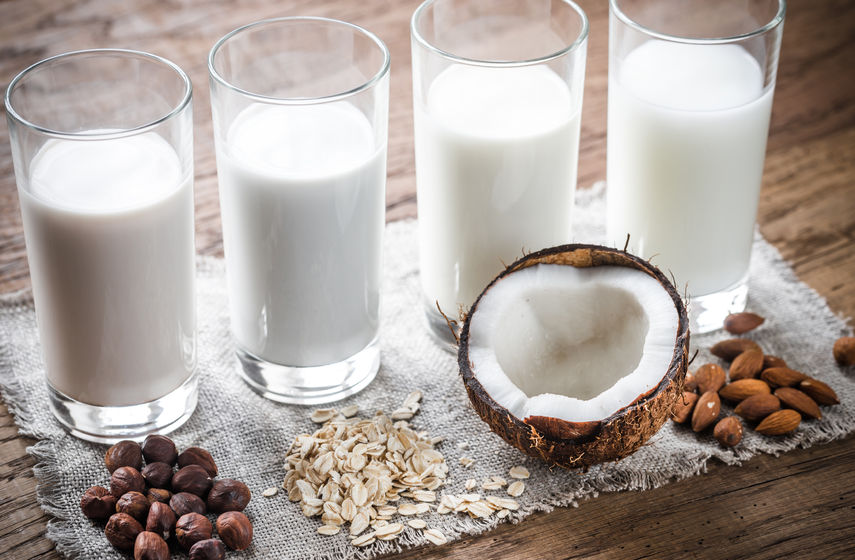
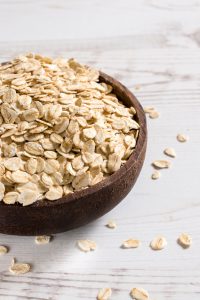
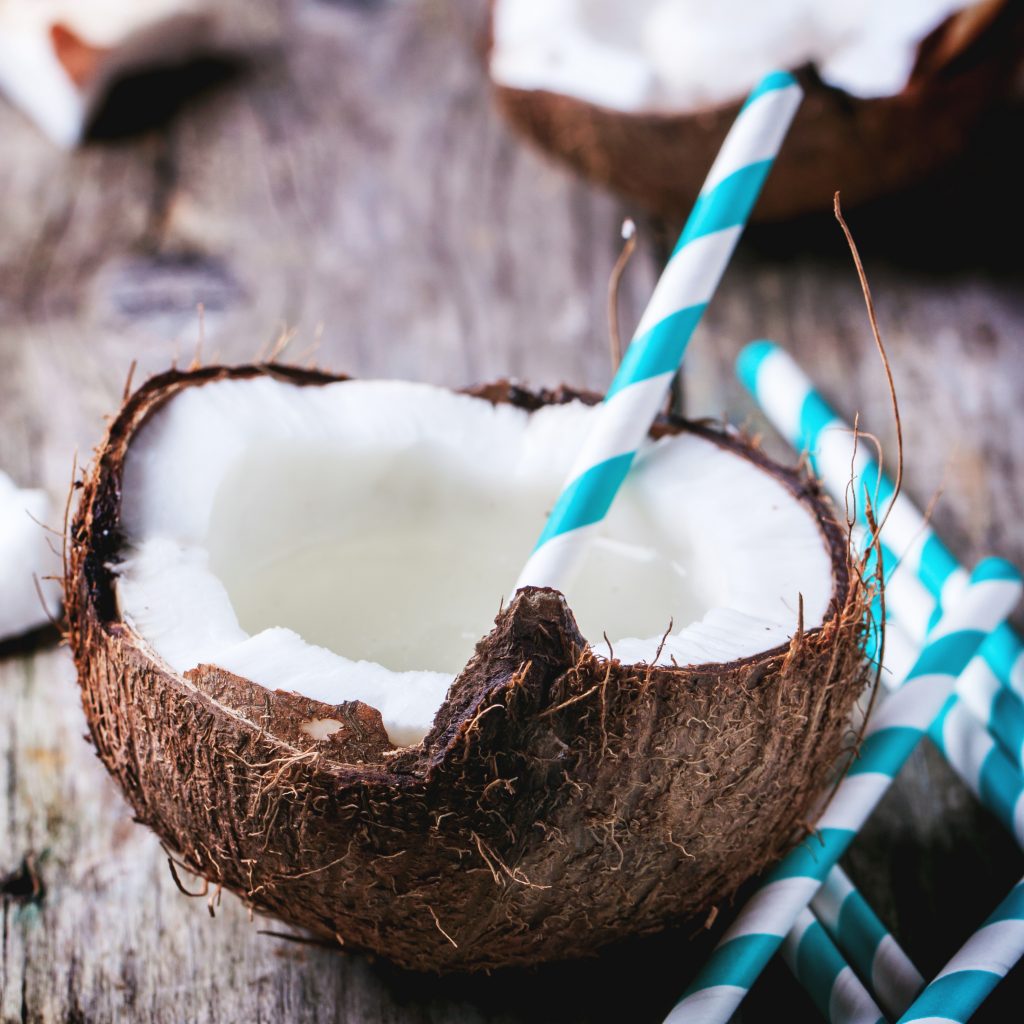
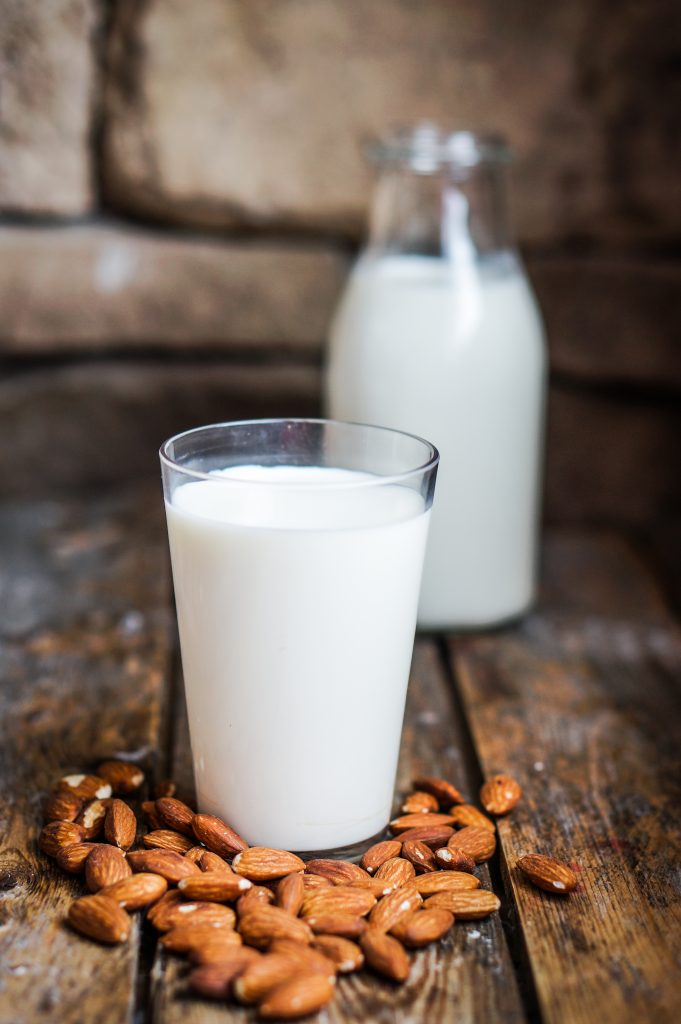
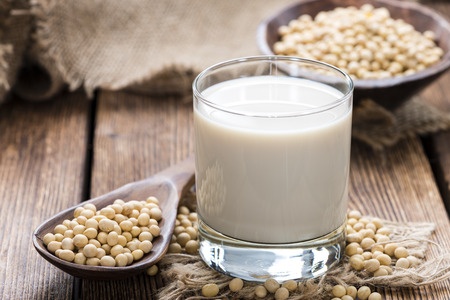
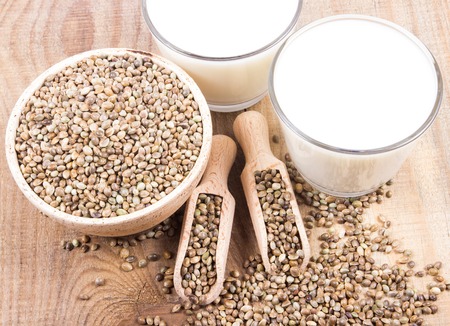
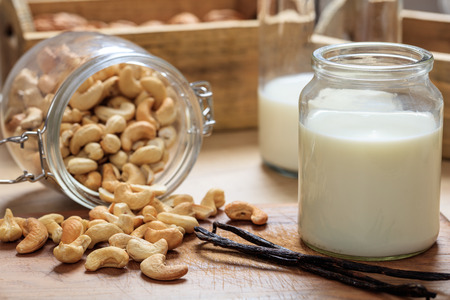
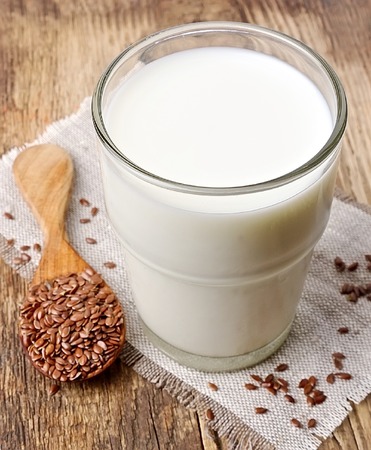
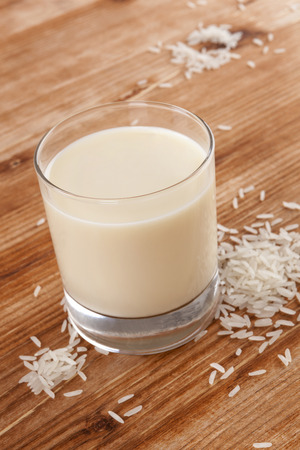
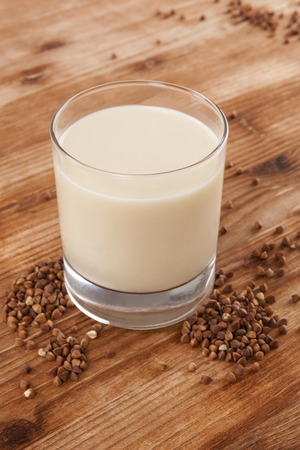
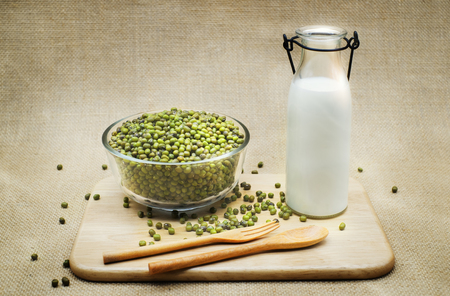
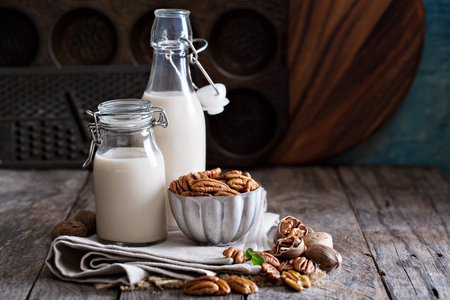
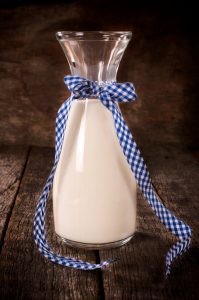
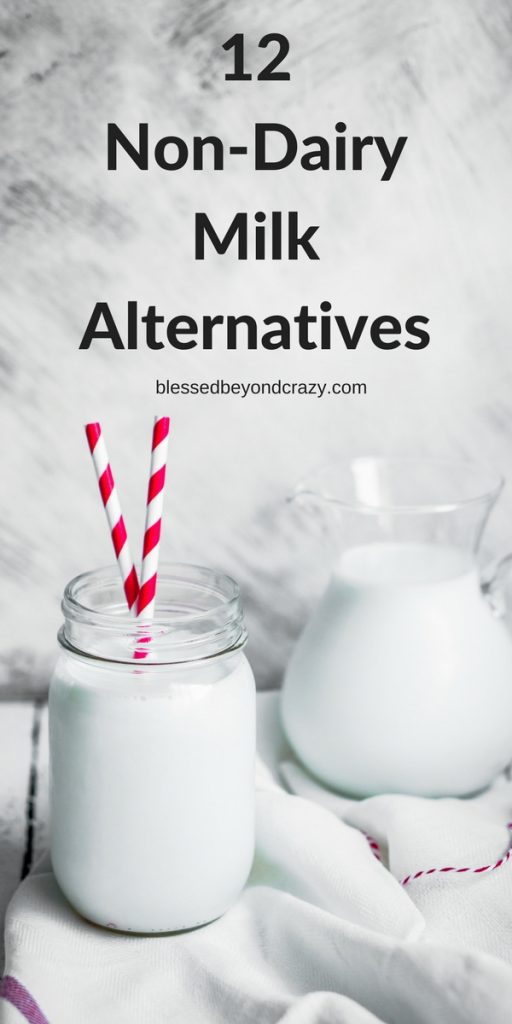



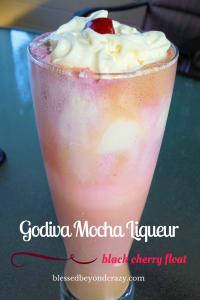
saabiraquadri says
Thanks for compiling the list of non dairy milk alternatives, that will definitely save time. It will be a great source for the people who are looking for it.Great list, a lot of cool ideas there!
Blessed Beyond Crazy says
Thank you! 🙂
Amy says
Is there a good lactose free substitute for heavy cream or half and half?
Blessed Beyond Crazy says
Hi, Amy!
Here is a good post titled: How to Substitute Cream
http://www.godairyfree.org/dairy-substitutes/how-to-substitute-cream
I think you will find it very helpful.
Thanks for stopping by!
Linda